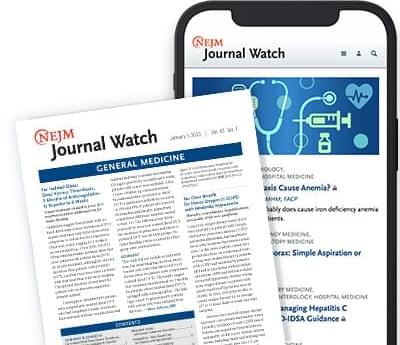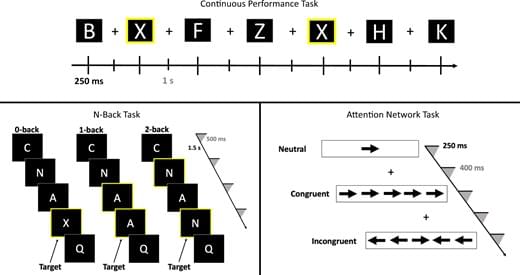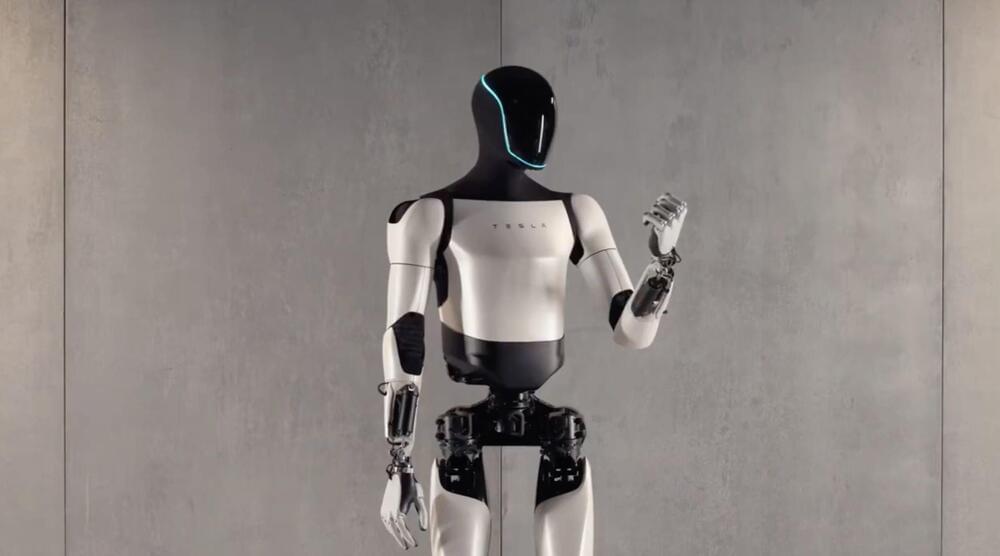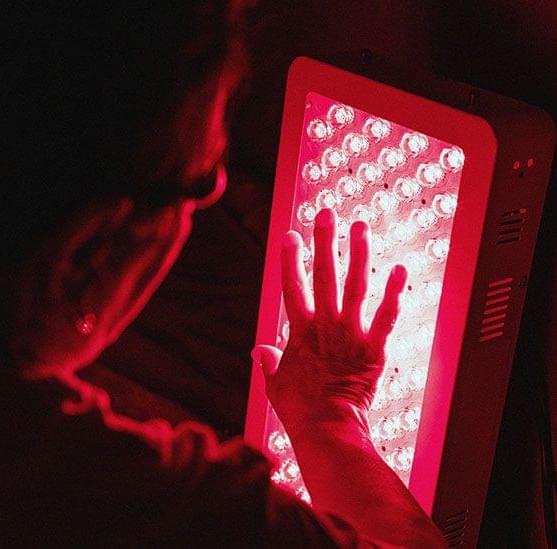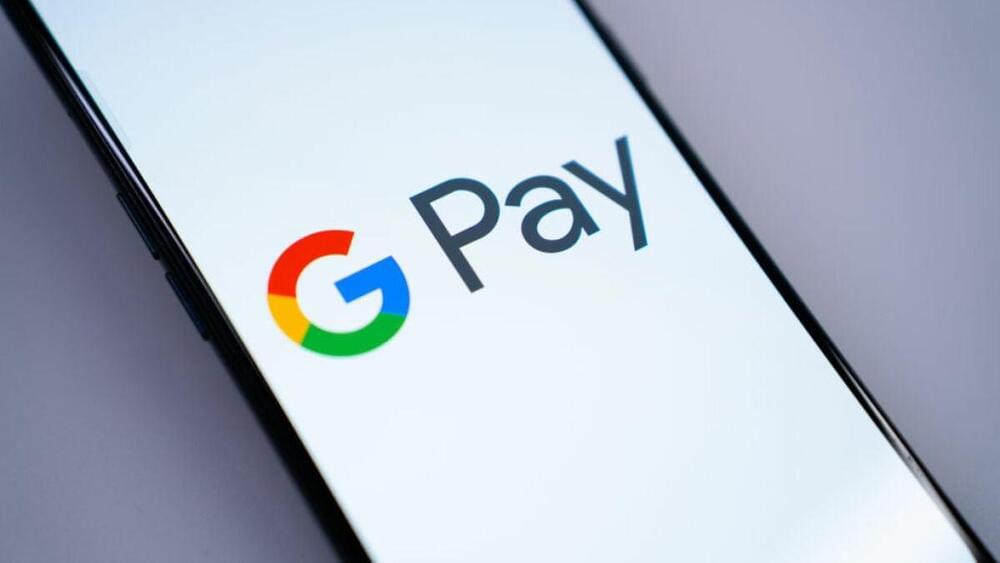Feb 24, 2024
Infinite Intelligence > Superintelligence
Posted by Dan Breeden in categories: biotech/medical, life extension, robotics/AI
Superintelligent AI might solve all the world’s problems. It could cure cancer, eliminate human aging, create a world of abundance for all.
Superintelligent AI might also prove completely uncontrollable and destroy humanity, whether intentionally or as mere collateral damage in the path of achieving other goals.
The clashing viewpoints about the potential and dangers of peak AI live at the heart of the battle of techno-optimists and doomsayers, accelerationists vs doomers.


